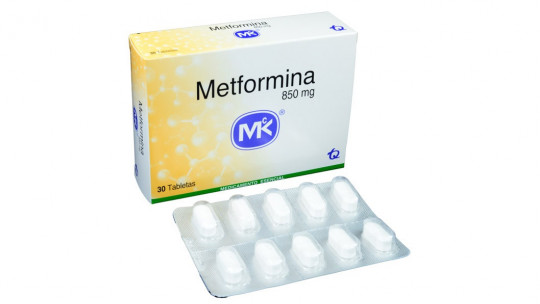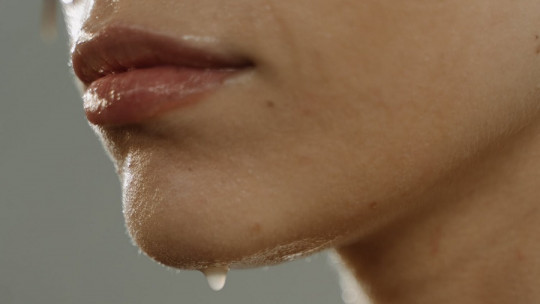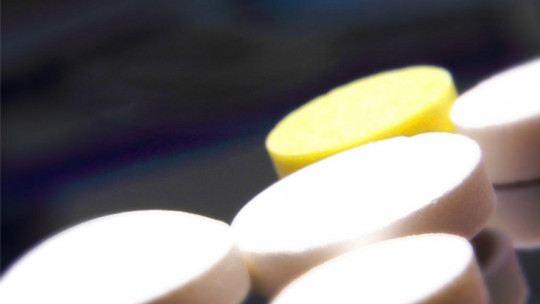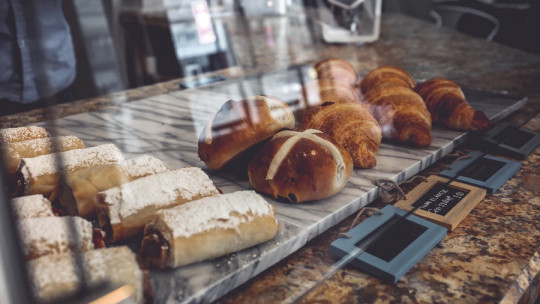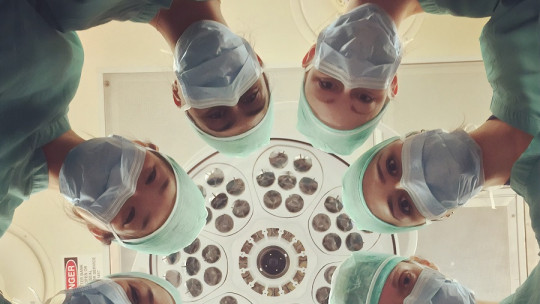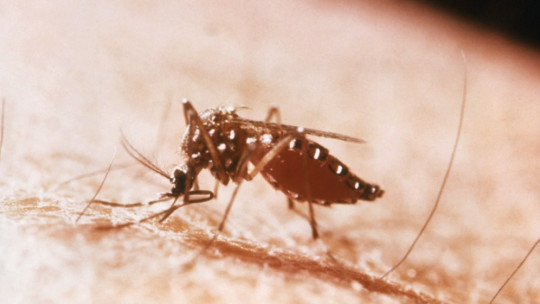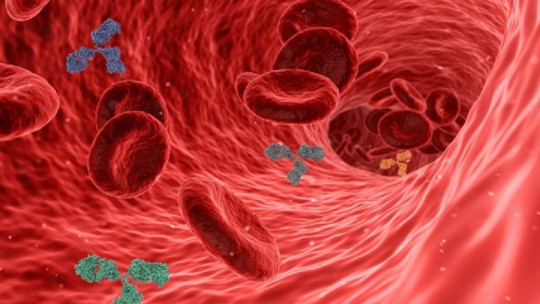
Reactive hypoglycemia shows to what extent biological processes linked to nutrition can affect our mood and predispose us to behave in one way or another.
In this article We will see what reactive hypoglycemia consists of and how it has an impact on our emotions and psychological processes in general.
What is reactive hypoglycemia?
Reactive hypoglycemia, or postprandial hypoglycemia, is a condition consisting of the appearance of low sugar levels just after a meal, which generates a series of unpleasant physical and psychological symptoms for the person who suffers from it.
This alteration generally occurs within 3 or 4 hours after eating a specific meal, which differentiates it from classic hypoglycemia, which occurs when the person is fasting.
The direct cause of reactive hypoglycemia is not entirely clear, although it may be related to any of the following causes, depending on the person: the type of food consumed, variations in the movement of food through the digestive tract. In general, it translates into a temporary lack of energy resources that the body can count on to give the cells what they need to function at full capacity.

Some other causes that we can find to explain reactive hypoglycemia are alcohol consumption, certain surgical procedures such as gastric bypass or ulcer surgery, hereditary metabolic disorders or certain tumors.
How do reactive hypoglycemia affect mood?
As indicated, reactive hypoglycemia is related to a series of symptoms, including: weakness, feeling hungry, pale skin, tremors, anemia, dizziness, sweating and general malaise
In addition to that, some of the psychological symptoms that may appear in people who present this type of alteration are anxiety, extreme fatigue, insomnia, disorientation and in the most extreme cases, psychosis.
Although symptoms vary from person to person, what all individuals with reactive hypoglycemia share is physical and emotional fatigue. The tendency to suffer this situation on a regular basis can significantly affect your ability to adapt to the demands of daily life, resulting in a lack of motivation and a tendency to procrastinate, or even a greater propensity to suffer stress and anxiety when faced with the sensation. that the situation overwhelms us, we have too many “fronts” to attend to and we do not have enough energy to carry out those tasks or responsibilities.
Thus, it is easy for a self-fulfilling prophecy to arise: the person feels that they will not be able to convince themselves to do what they should do and, faced with this discomfort, they try to stop thinking about those pending tasks, thus falling into procrastination.
What can be done about reactive hypoglycemia?
Treatment of reactive hypoglycemia involves an initial medical evaluation to discern whether the symptoms the person is experiencing are indeed caused by low blood sugar or not.
If so, what is done next is to confirm that the symptoms subside as soon as the person returns to normal blood sugar levels, and if more serious symptoms occur, more medical tests can be performed,
Although reactive hypoglycemia is not associated with specific medical treatment and its effects dissipate on their own relatively quickly, There are some healthy measures that can be put into practice related to the person’s diet so that your symptoms disappear and your quality of life improves.
The main changes in diet and meal times that can be implemented in a person with reactive hypoglycemia are:
1. Eat a balanced diet
Starting a balanced diet during the week is one of the best ways we have to avoid the effects of reactive hypoglycemia and It is a very healthy habit that will give us energy and health, both physically and mentally
Maintaining a balanced diet means eating healthy foods like lean, non-meat protein and high-fiber foods like whole grains, fruits, and vegetables.
2. Avoid some foods
Some of the foods that we must inhabit if we present this type of alteration are sugary foods and simple processed carbohydrates such as white bread or white pasta.
It is of great importance avoid eating simple processed carbohydrates on an empty stomach at all costs since they especially affect people with reactive hypoglycemia.
3. Consume food when drinking alcohol
Alcohol on an empty stomach is also highly discouraged, which is why whenever alcohol is consumed it should be done by eating some type of food to accompany it.
Nevertheless, alcohol consumption is not recommended in any case neither for people with reactive hypoglycemia nor in those who do not present this alteration.
4. Eat several meals a day
In order to avoid drastic drops in sugar, it is highly recommended to eat several small meals throughout the day, spaced apart approximately every 3 hours In this way, very large meals are avoided.
Small meals or snacks can be of any type, but it is generally recommended that they be pieces of fruit, vegetables or healthy foods with little sugar.
Are you looking for professional psychological support?
If you need psychological assistance, contact me.
My name is Thomas Saint Cecilia I am a psychologist, and I can assist you in person or online by video call.

